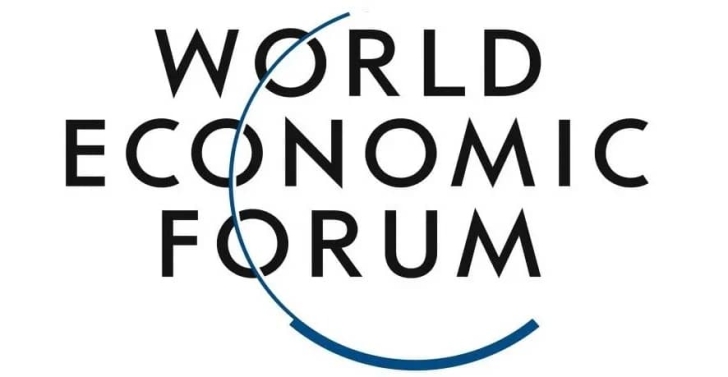
Digital economy key to Africa’s future: World Economic Forum
The 2025 World Economic Forum (WEF) has underscored the pivotal role of digitalisation in Africa's economic transformation, declaring the digital economy as indispensable for the continent's development.
During a four-day summit, attended by over 60 world leaders and global economic giants, discussions centred on pressing global issues such as economic growth, climate change, and emerging technologies. A special session dedicated to Africa reached a consensus: adopting emerging technologies, including artificial intelligence, the Internet of Things, and digitised economies, is critical for the continent’s progress.
Urgent call for digitalisation
At a roundtable discussion featuring Botswana’s President, Duma Boko, and the Secretary-General of the African Continental Free Trade Area (AfCFTA), Wamkele Mene, participants agreed on the urgent need for a digital African economy to accelerate development and create opportunities for the continent’s youthful population.
President Duma Boko emphasised the importance of digitalisation in addressing Africa’s challenges. “The adoption of digital technology, which I describe as ‘the language of young people,’ is the way forward to addressing many challenges,” he stated.
AfCFTA Digital Trade Protocol
AfCFTA Secretary-General, Wamkele Mene, revealed that Africa’s heads of state would adopt the Africa Digital Trade Protocol next month, a significant step towards advancing the continent’s digital economy.
“We have established the protocol on digital trade. The last instrument of that protocol will be adopted by our heads of state next month in Addis. The protocol on digital trade responds exactly to what the President has just said,” Mr Mene explained.
Highlighting the innovative potential of Africa’s youth, Mr Mene noted, “By the year 2050, Africa will have the youngest workforce in the world. Those jobs will have to be created intra-Africa. We will not be able to import jobs from somewhere else. Africa's digital economy is a very, very important aspect of intra-Africa trade.”
Addressing payment challenges
Mr Mene also raised concerns about Africa’s fragmented payment systems and called for seamless payment interoperability across the continent. “The issue of payments, for example. I live in Ghana. There is a direct flight to Nigeria. When I travel to Nigeria, I take my direct flight. But when I send money, it goes somewhere else. We need a seamless interoperable payment system in Africa to address this challenge of youth unemployment,” he said.
The AfCFTA Secretary-General further emphasised the importance of investing in digital public infrastructure, small and medium enterprises (SMEs), and emerging technologies to foster youth entrepreneurship and attract trade finance.
South African President echoes support
South African President Cyril Ramaphosa also affirmed the importance of digitalisation. “The digitisation of the continent, particularly when it comes to artificial intelligence, will enhance trade and development, and they are key enablers that we want to see fully developed,” he remarked.
A transformative future
The WEF projected that a fully digitalised African economy could contribute approximately $1.5 trillion to the continent’s GDP by 2030, driving transformative change across key sectors.
From improving agricultural productivity through precision farming to enhancing government services, healthcare, education, and environmental sustainability, the consensus at the WEF was clear: Africa’s digital economy is not just the future—it is the catalyst for sustainable growth and development across the continent.